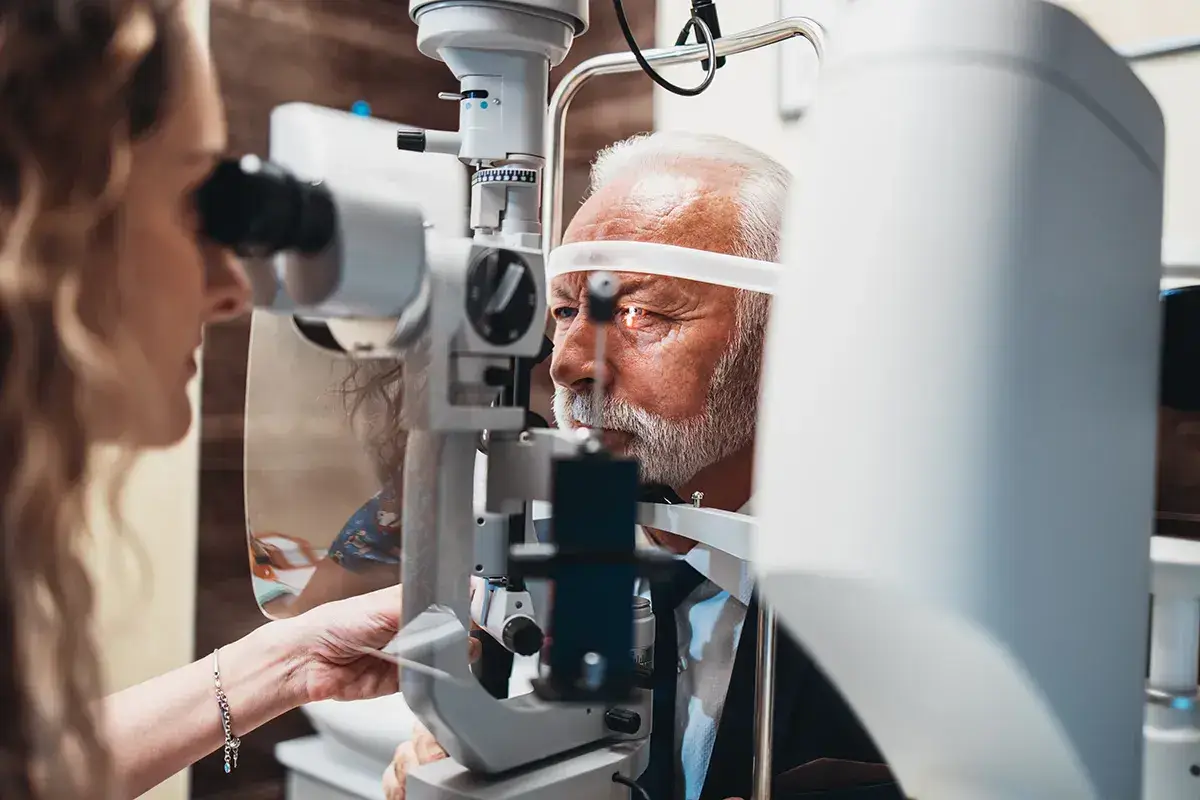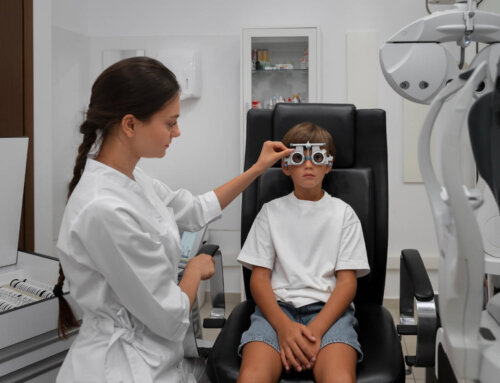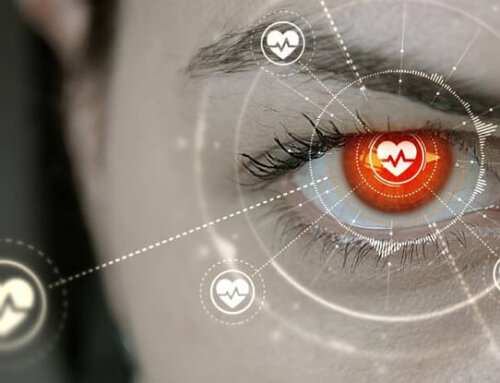Summary
The integration of AI in healthcare, particularly through AI-enhanced retinal image screening, is revolutionizing early disease detection, improving patient outcomes, and reducing healthcare costs.
The integration of Artificial Intelligence (AI) in health care is transforming how diseases are detected and managed. This technological evolution is particularly impactful in the field of ophthalmology, where AI-enhanced retinal image screening is setting new standards for early disease detection. Detecting diseases at their inception not only improves patient outcomes but significantly reduces healthcare costs by mitigating the severity of conditions before they escalate.
The Importance of Early Disease Detection in Healthcare
Early detection of diseases plays a crucial role in improving healthcare outcomes and reducing mortality rates. Conditions identified at an early stage can often be treated more effectively, with less invasive interventions, and at a lower cost. In diseases like cancer, early detection can mean the difference between a treatable illness and a terminal prognosis.In chronic diseases such as diabetes and glaucoma, early intervention can prevent complications and improve the quality of life for patients.
Revolutionising Retinal Image Screening with AI Technology
AI technology enhances the capabilities of retinal imaging significantly. Traditional methods rely heavily on the expertise of clinicians, which can vary widely. AI algorithms, however, can consistently analyse retinal images for signs of diseases such as diabetic retinopathy, glaucoma, and age-related macular degeneration with high precision. These algorithms are trained on vast datasets of retinal scans, allowing them to recognise patterns and anomalies that might be missed by the human eye.
Optain Health’s AI Solutions: Advancing Retinal Screening
Optain Health is at the forefront of this revolution with Eyetelligence Assure Suite, a sophisticated Software as a Medical Device (SaMD) system that employs clinically validated AI algorithms to analyse digital retinal images with exceptional accuracy. Trained on over 1,000,000 retinal images, Eyetelligence Assure is adept at detecting early signs of various retinal diseases, including diabetic retinopathy, glaucoma, and age-related macular degeneration.
Eyetelligence Assures cutting-edge capabilities allow for rapid and precise assessments, facilitating early intervention that can significantly alter the course of these diseases. Eyetelligence Assure not only increases the reliability of diagnoses but also enhances the efficiency of the screening process, making high-quality eye care more accessible to patients worldwide.
The Resolve Camera
The Resolve Camera represents an enormous breakthrough in portable automatic fundus camera technology. It boasts state-of-the-art auto-detection features that precisely adjust focus and alignment for accurate retinal imaging, minimising errors and giving the best possible photo. Compact, lightweight, and equipped with a 16G internal memory and up to four hours of battery life, it is ideally suited for dynamic clinical environments.
Featuring advanced voice-command functionality, the Resolve Camera simplifies the imaging process, allowing for a seamless and user-friendly experience with minimal need for operator intervention. Its robust cloud connectivity enhances data storage, access, and sharing capabilities, improving collaboration among healthcare providers. As a Class 1 Medical Device, the Resolve Camera meets stringent performance and safety standards, making it a trusted tool in over thirty countries throughout the EU and Australasia.
The Future of Healthcare: AI’s Expanding Role in Early Detection
The role of AI in healthcare is expanding beyond imaging and diagnostics. AI systems are increasingly being integrated into patient monitoring, treatment plans, and management systems, providing a comprehensive approach to healthcare that is predictive, personalised, and preventative. As AI technology continues to evolve, its potential to transform various aspects of healthcare, including patient engagement and chronic disease management, becomes increasingly apparent.
A New Standard of Care
AI’s revolutionary impact on healthcare, such as through advanced retinal imaging, represents a major leap forward in our ability to diagnose and treat diseases early. Optain Health’s pioneering AI solutions exemplify the powerful role that technology can play in enhancing diagnostic accuracy and improving patient outcomes, setting a new standard in healthcare excellence.
Contact us today to learn more about how AI and retinal imaging can revolutionise your care.
Frequently Asked Questions
How is AI used in the early detection of disease?
AI is used in the early detection of disease by employing machine learning algorithms to analyse medical images, genetic information, or patient data to identify patterns indicative of early-stage diseases. In retinal imaging, AI algorithms analyse images to detect anomalies such as microaneurysms in diabetic retinopathy or optic nerve changes in glaucoma.
What is the application of artificial intelligence in targeting retinal diseases?
AI’s application in targeting retinal diseases involves analysing detailed images of the retina to detect early signs of diseases like diabetic retinopathy, glaucoma, and age-related macular degeneration. These AI systems provide a rapid, accurate assessment of retinal health, allowing for early intervention and better management of these conditions.
How AI in medical imaging may make the biggest impact in healthcare?
AI in medical imaging can make a significant impact in healthcare by improving [we need to make it clear that we facilitate that ‘improvement’ via AI screening] the accuracy and efficiency of diagnoses, reducing the workload on healthcare professionals, and enhancing patient outcomes through earlier detection and personalised treatment plans. AI-driven tools enable more precise measurements, better monitoring of disease progression, and more informed treatment decisions, potentially transforming healthcare into a more proactive, preventive service.





